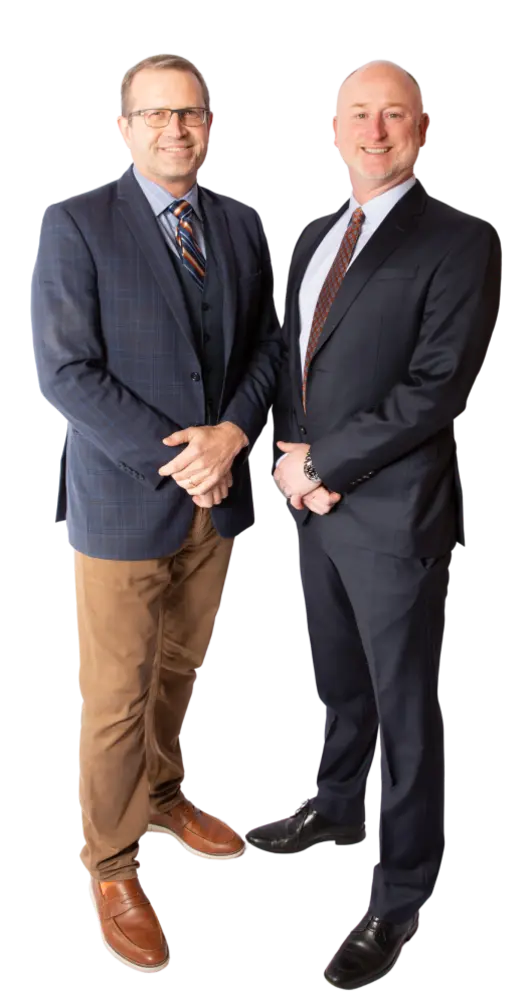In order to understand what is needed to prove disability, it is first important to know how Social Security defines disability. There are three key elements to Social Security’s definition of disability.
- First, a person must be incapable of performing work they have done in the past due to a medical condition.
- Second, a person has to be unable to adjust to other work.
- Third, a person’s disability must have lasted or is expected to last for at least 12 months or result in death.
Someone will only satisfy Social Security’s definition if they meet all three of these elements. In other words, Social Security pays only for total disability. They do not pay benefits for partial or short-term disability.
Digging deeper into defining disability with the SSA
Social Security’s requirement of total disability distinguishes it from other benefits, such as Worker’s Compensation or VA Disability. All of these are types of benefits one may receive from the government for a medical condition, however, they have different criteria. Thus, if somebody is receiving Worker’s Compensation or VA Disability, it does not necessarily mean they will meet Social Security’s definition of disability.
This also applies to someone receiving disability benefits through their state government. Social Security will not find someone disabled solely because the state government did. Instead, Social Security will evaluate a person’s claim based on its own criteria. The requirement for total disability can be frustrating for those who already went through the strenuous process of acquiring other types of disability benefits. But these are the hard and fast rules in place for anyone applying for Social Security Disability.
What if you can work “other jobs”?
Of the three elements in the definition of disability, the second one is often the reason claims get denied. People typically will apply for disability after their medical condition worsens to the point it prevents them from continuing their most recent job. Even if Social Security agrees that one’s medical condition prevents them from continuing his or her most recent work, Social Security has to consider if there are other jobs the person can physically and mentally perform. This is key for establishing total disability.
If Social Security determines there are other jobs that a person can do despite their medical condition, they will deny the claim. Social Security will consider certain factors when deciding if a person can do other jobs. These factors include medical condition, age, education, past work experience, and transferable skills. The consideration of these factors is significant and deserves a more thorough discussion in a later blog entry. But for now, it is important to understand that Social Security’s definition of disability requires them to look beyond just a claimant’s past work to consider if there are other jobs one can do. “Other jobs” will include jobs that the claimant has not performed before and sometimes jobs the claimant has not even heard of.
The requirement to consider “other jobs” can be confusing for people who spent most of their working life in one or two positions that they can no longer perform due to a medical condition. In some ways, it may feel like Social Security is telling someone they must change careers if they cannot do their past work. I am not here to say if this is fair or not, I just want to make clear that this is part of the strict definition Social Security uses when defining disability. So it is important for someone to consider if they think they can do other jobs before applying for disability.
Is the disability expected to last?
The last element of the definition of disability is also known as the durational issue. As previously stated, Social Security does not pay benefits for short-term disability. If someone’s medical condition improves to the point that he or she can return to work within 12 months, they will be denied. This is an important consideration before applying for disability. Sometimes people will want to apply for disability benefits right after they stop working when it is still unknown if treatment will improve their condition enough to return to work.
This is where it is important for a person to get medical treatment and have good communication with their doctor about their condition. Doctors are often in the best position to assess one’s condition and the likelihood of improvement with treatment. A doctor’s support of one’s claim for disability is vital for being approved, and it starts with having good communication with the doctor about the medical condition that is preventing one from working. If a doctor feels someone’s condition is unlikely to improve to the point he or she can return to work within 12 months, then it would be a good time to consider applying for disability.

